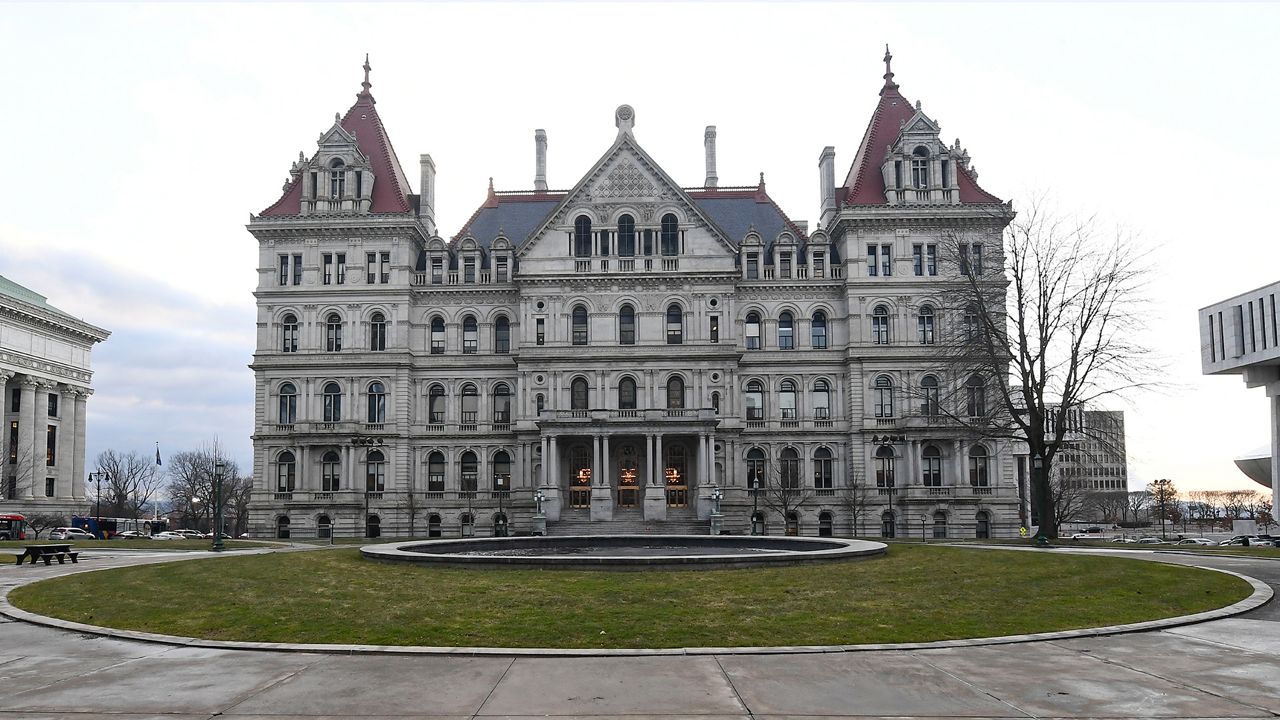Usually, this time of the year, advocates and everyday people from around New York converge on the Capitol to meet with their elected officials to discuss issues that affect them.
The pandemic has put a stop to those visits for now, as the Capitol remains closed to the public. For Dr. Bernadette Kappen, the chairwoman of the 4201 Schools Association, it's been a big change.
"I think coming together as a group we were able to get our message across to the legisaltors that we met with," she said.
Kappen's group advocates for schools that provide classes for children who are blind, deaf, and physically disabled. Instead of their traditional lobby day, like in years past, Kappen's group released video testimonials from students and parents as they, like all families, continue to navigate the world of remote learning.
The schools this year are seeking pandemic-related emergency assistance for costs incurred because of the crisis, like buying personal protective equipment and modifying classroom spaces.
And they want non-profit organizations and school district eligible to tap into financing for loan, design, and construction services for capital projects of $5 million or more.
"We are so happy that we were able to get level funding because given how much is going on with the budget deficit, we were really fearful we would have a reduction in funding and that would be really detrimental to continue to provide the services," Kappen said.
Still, the pandemic has been a challenging adjustment for students, parents and teachers.
"Think about a 6-year-old who is blind and learning Braille," Kappen said. "It's a touch activity where the teacher has to make sure the child's hands position correctly. So when you have to be six feet, you really can't be six feet in that kind of a situation. If you're at home, you're relying on the parent and they don't really have that experience."
So what has worked? Like everyone, the families have adapted to new technology to make remote learning work.



